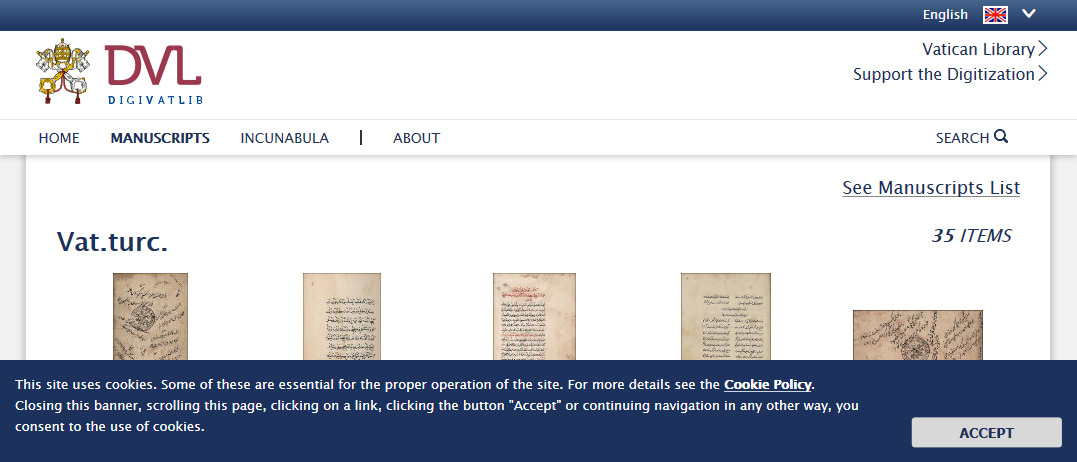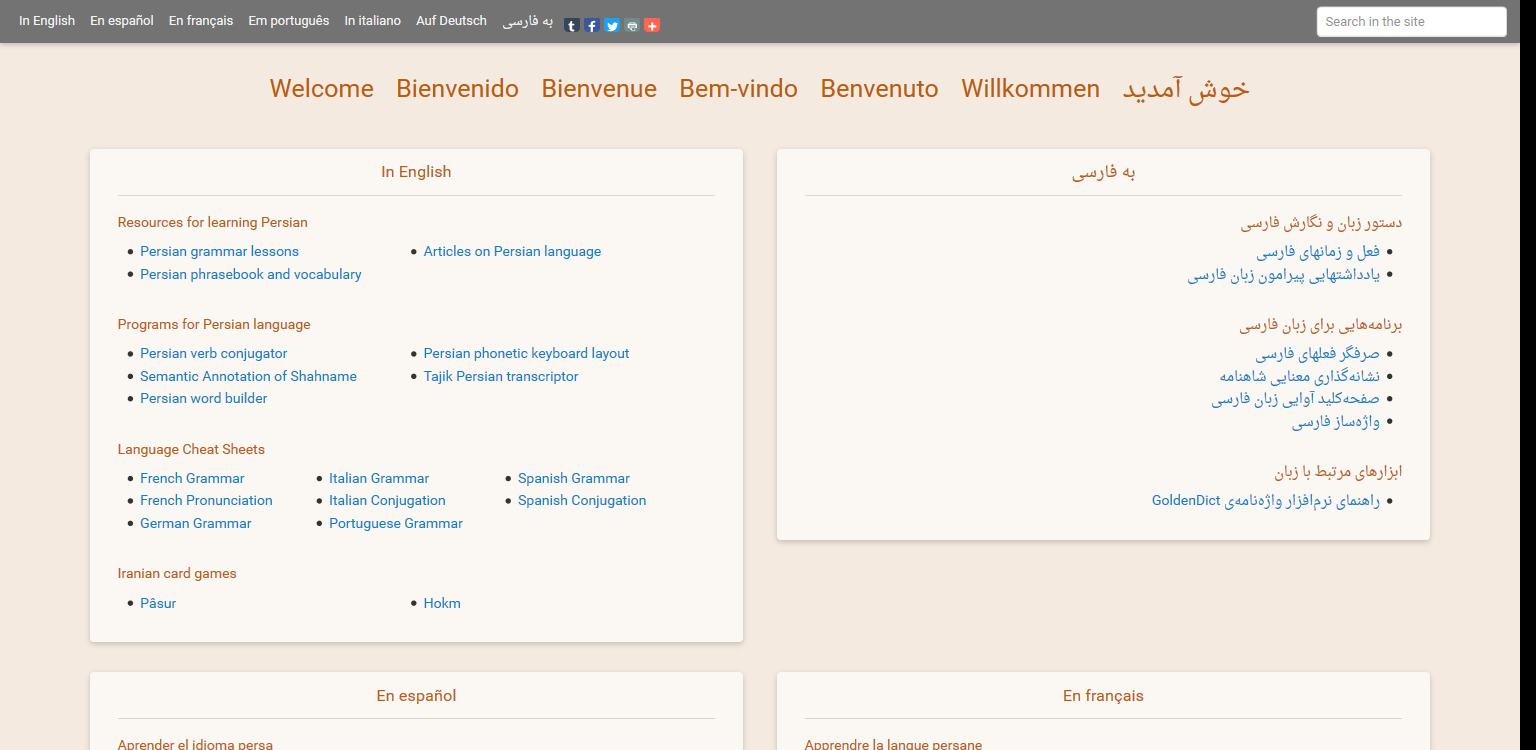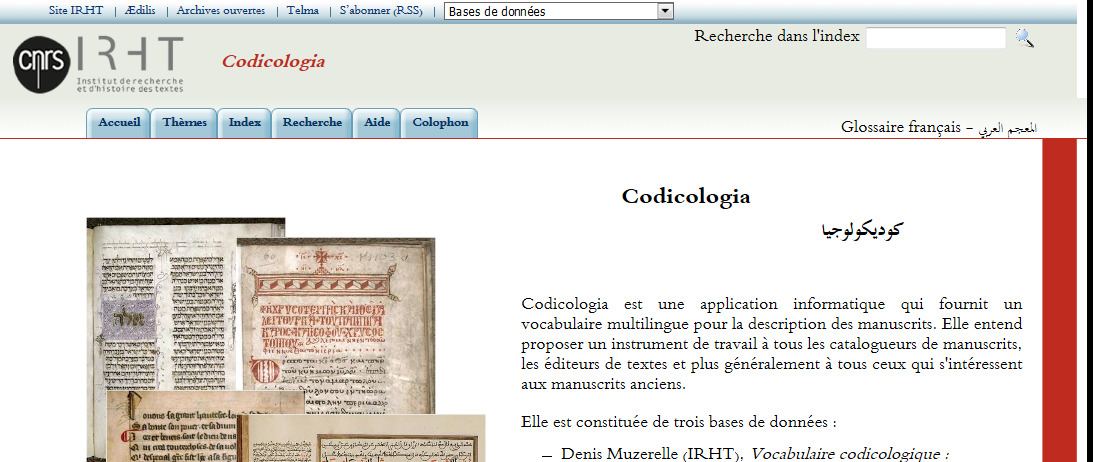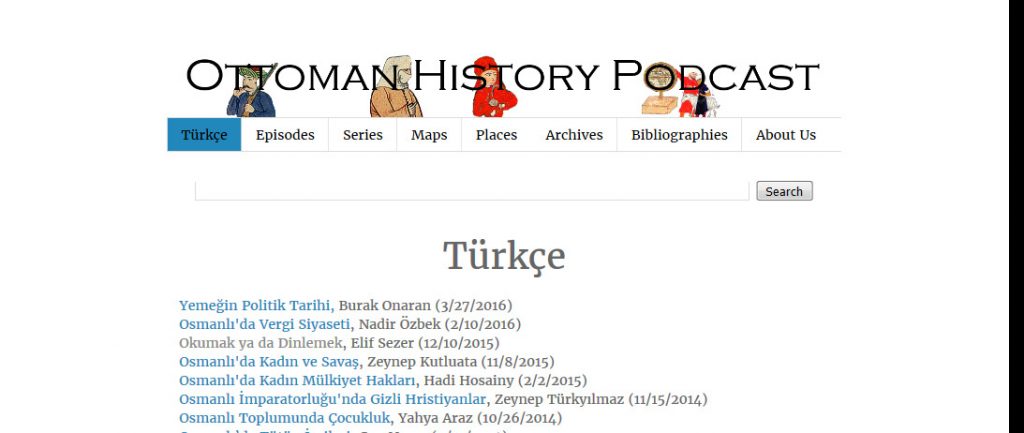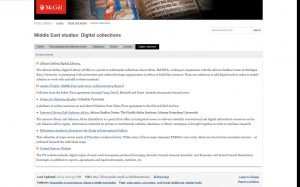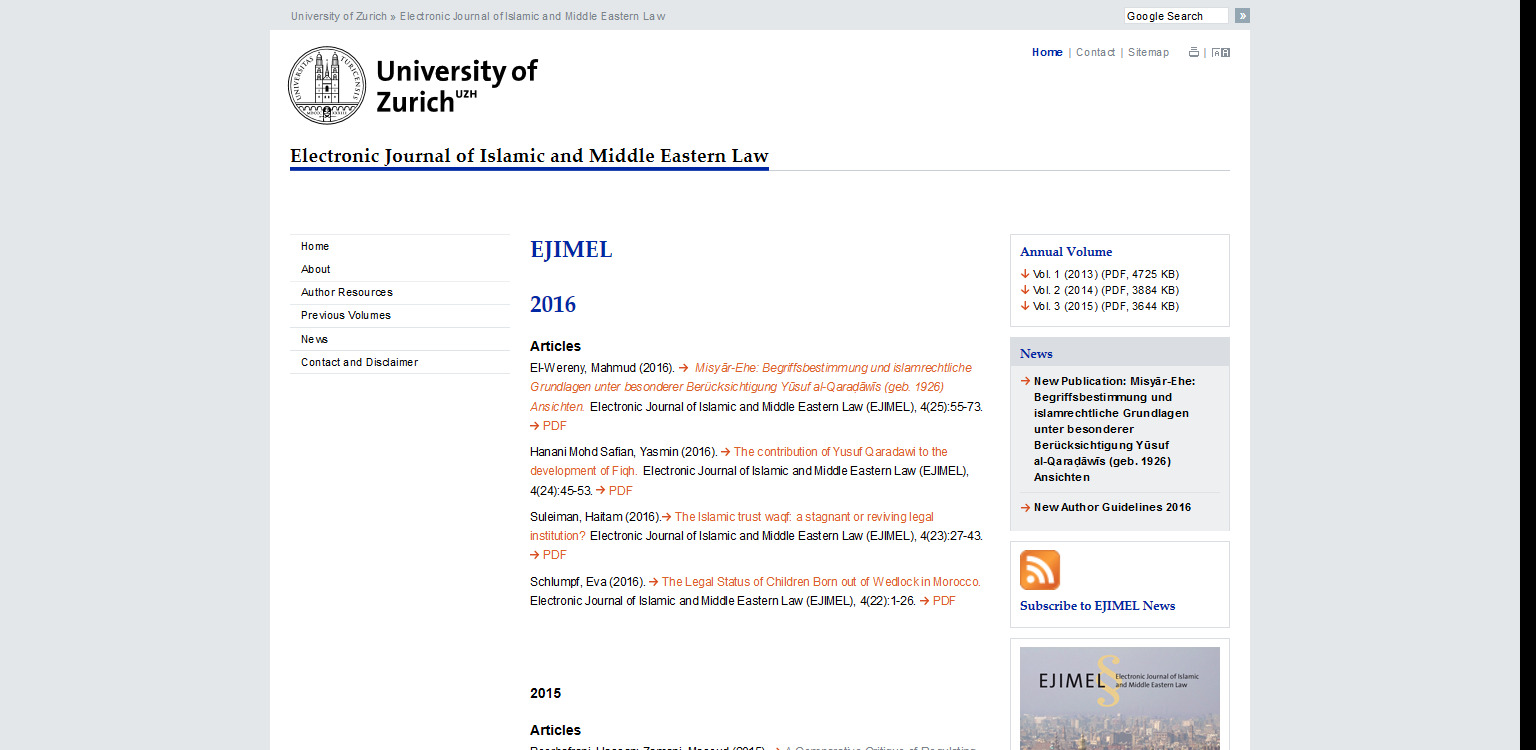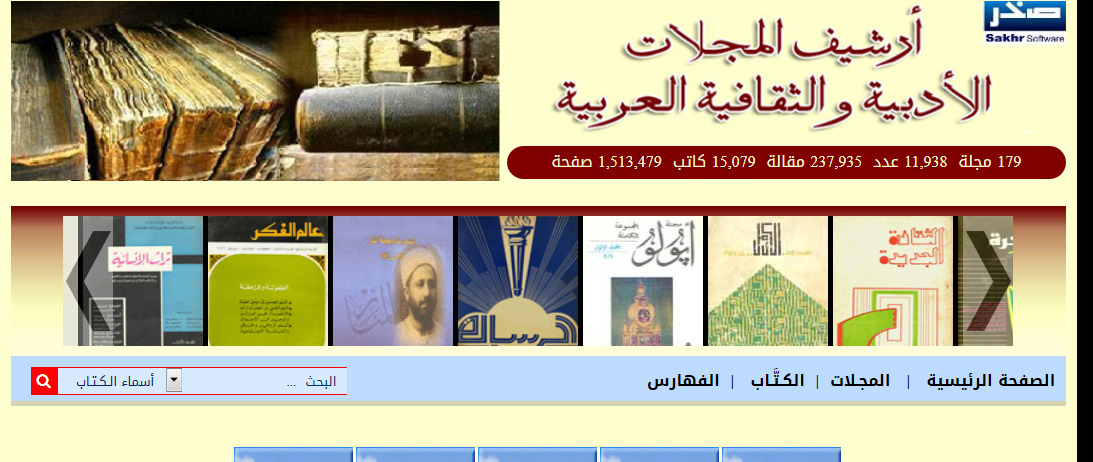The series of podcasts on the history of philosophy in the Islamic World is one of the collections constituting the “History of philosophy without any gaps“, a website created and maintained by Dr. Peter Adamson (Professor of philosophy, Ludwig-Maximilians-Universität München). The website includes approximately 260 episodes of which 76 focus on a variety of topics in the history of philosophy in the Islamic World. The episodes can be browsed and accessed by period (Classical philosophy, Later antiquity) or by geographical area (the Islamic World, India).
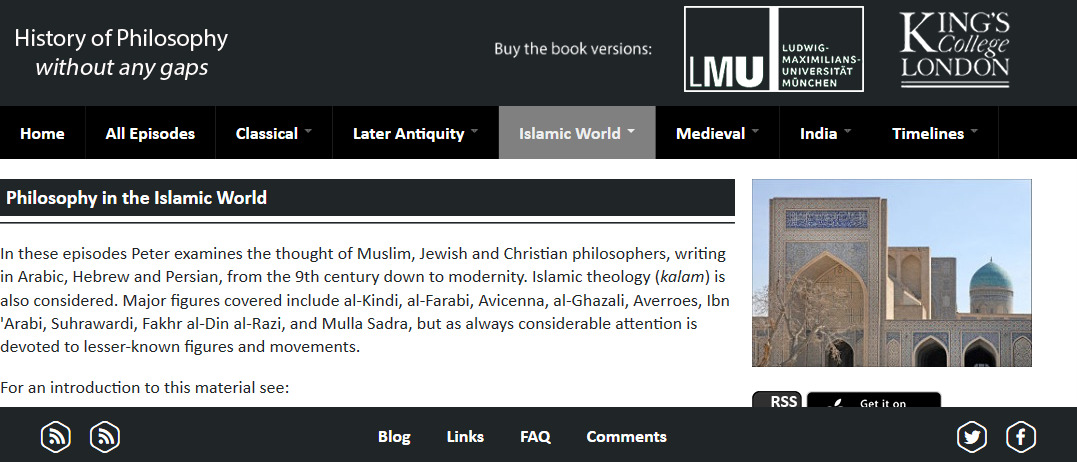 As described on the website, in the episodes about philosophy in the Islamic World “Peter examines the thought of Muslim, Jewish and Christian philosophers, writing in Arabic, Hebrew and Persian, from the 9th century down to modernity. Islamic theology (kalam) is also considered. Major figures covered include al-Kindi, al-Farabi, Avicenna, al-Ghazali, Averroes, Ibn ‘Arabi, Suhrawardi, Fakhr al-Din al-Razi, and Mulla Sadra, but as always considerable attention is devoted to lesser-known figures and movements.”
As described on the website, in the episodes about philosophy in the Islamic World “Peter examines the thought of Muslim, Jewish and Christian philosophers, writing in Arabic, Hebrew and Persian, from the 9th century down to modernity. Islamic theology (kalam) is also considered. Major figures covered include al-Kindi, al-Farabi, Avicenna, al-Ghazali, Averroes, Ibn ‘Arabi, Suhrawardi, Fakhr al-Din al-Razi, and Mulla Sadra, but as always considerable attention is devoted to lesser-known figures and movements.”
The website also links to a blog, and a series of links including RSS feeds for podcast episodes in the different collections.
The website is in English.


